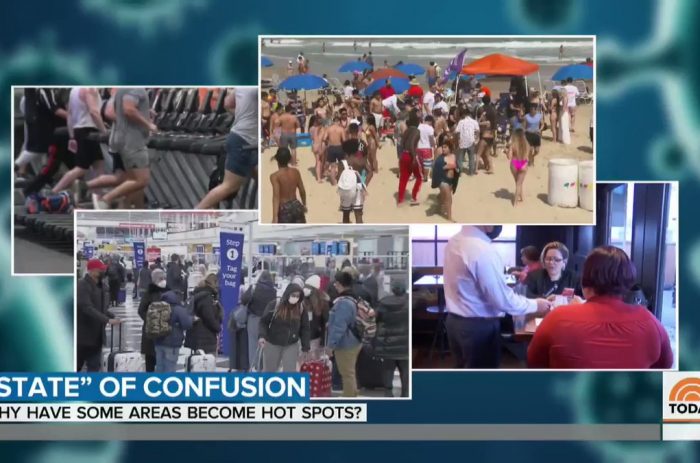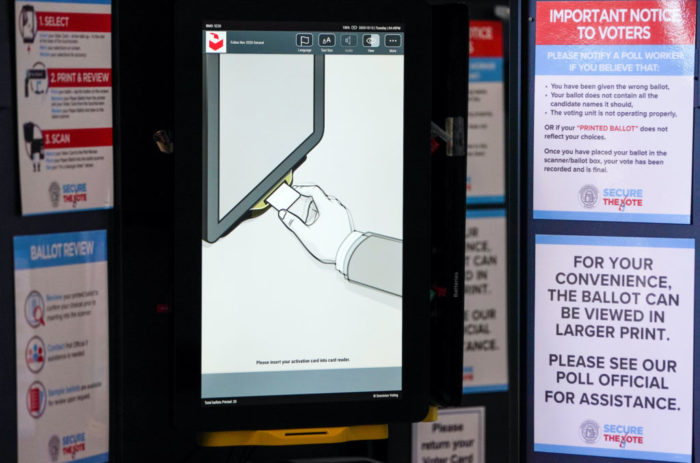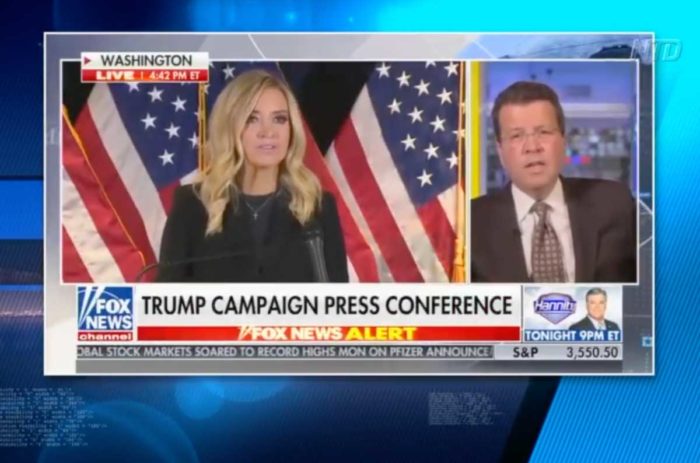redo Jump to...
print Print...
Directions
-Read the excerpt below (from "Best of the Web" by OpinionJournal.com editor James Taranto).
-Read "Types of Media Bias" in the right column. Then answer the questions.
From a post by OpinionJournal.com’s editor James Taranto (original post date 10/1/12):
David Carr, who writes about the media for the New York Times, is on the defensive over the question of journalistic bias:
In the last few days, conservatives have become agitated about Mitt Romney’s drop-off in the polls. So did they think the stumble was because of [Romney’s] ill-fated “47 percent”* slip of the lip, or the hasty effort to gain a political edge after the death of an American ambassador in Libya, or more problematically, a campaign that can’t seem to stop pratfalling no matter what the news? [*Romney in a speech said: “There are 47 percent of the people who will vote for the president no matter what. …These are people who pay no income tax.”]
No, in their view, the mysterious drop can only be explained by the fact that the mainstream media have their collective liberal thumb on the scale, in terms of coverage and, more oddly, polling.
What’s funny about this is that the examples [Mr. Carr] offers in the first paragraph’s rhetorical question reinforce rather than refute the argument that the media are biased. But we’d like to focus on another of Carr’s tropes, the idea that criticism [of the media by conservatives] amounts to conspiracy theorizing. Carr says:
Many Republicans see bias lurking in every live shot, but the growing [dominance] of conservative voices makes manufacturing a partisan conspiracy a practical impossibility….
Of course, given that I am pointing out these disconnects in The New York Times, it will be seen as confirming what conservatives already know: that I went to the dark chambers where we cook up the conspiracy, met with my betters to receive my marching orders and then set about playing my small role as a cog in the manufacture of liberal consent. …
In an article about the conservative argument that the polls are skewed in Obama’s favor, Politico’s Jonathan Martin and Alexander Burns [say something similar to Carr]:
Consider: For the vast polling conspiracy of 2012 to be legitimate would be to presume that longtime [Republican] pollster Bill McInturff is on the deal. McInturff co-runs the respected Wall Street Journal/NBC News poll with veteran Democratic pollster Peter Hart.
McInturff is also business partners with Neil Newhouse, Romney’s own pollster. So, by this standard, Romney’s own campaign could also be part of the conspiracy to…hurt the Romney campaign.
There are conspiracy theorists on the right, but systemic bias need not be, and in these cases probably is not, the product of a conspiracy. Narrow-mindedness and groupthink are sufficient to explain media bias (including the bias Carr, Martin and Burns display in caricaturing critics as conspiracy theorists), and poll bias can come from methodological problems or mistaken assumptions about how to interpret the data.
Meanwhile, The Weekly Standard notes that Time’s Mark Halperin is offering a voice of dissent on this point:
“There are a lot of Republican complaints about liberal bias in terms of media coverage of this campaign,” Halperin said [on MSNBC]. “Some are more credible than others. I think one of the most credible and serious we should all think about is: The president is mostly being covered–has been covered–as a candidate, rather than as an incumbent whose record needs to be scrutinized. And this is an area where I think there are a lot of legitimate questions of how are we dealing with the Arab Spring, particularly protecting American assets overseas, and also, what are our goals in Libya, and are they being achieved in the right way? That line of argument and attack, with press scrutiny and Mitt Romney making the case, should be part of the debate, and I think will be, because this story does have a lot of unanswered questions.”
And here are a couple of fresh examples of bias. The first is from ABC News’s Amy Walter, describing what she considers a “foul” political advertisement:
“You pay into Medicare for years, every paycheck. Now, when you need it, Obama cut $716 billion from Medicare,” says a new ad from the Romney campaign.
Except the new healthcare law does not cut funds from Medicare. That $716 billion refers to the amount saved by reforming the future rate of growth–affecting hospitals and health insurance companies, not seniors’ benefits.
Walter’s argument amounts to drawing a distinction between cutting Medicare and cutting money from Medicare. Has she or any of her colleagues ever offered such a lame criticism of a Democratic attack? …
To accurately identify different types of bias, you should be aware of the issues of the day, and the liberal and conservative perspectives on each issue.
Types of Media Bias:Questions
NOTE TO STUDENTS: This vocabulary in this post is challenging. We suggest that you spend some time looking up unfamiliar words to help gain a better understanding of Mr. Taranto’s post.
1. What type of bias are the excerpts below examples of?
2. In this post, James Taranto says: “the examples [Mr. Carr] offers in the first paragraph’s rhetorical question reinforce rather than refute the argument that the media are biased.” Do you agree with Mr. Taranto’s assertion? Explain your answer.
3. Mr. Taranto says: “Narrow-mindedness and groupthink are sufficient to explain media bias (including the bias Carr, Martin and Burns display in caricaturing critics as conspiracy theorists), and poll bias can come from methodological problems or mistaken assumptions about how to interpret the data.” A new poll released Tuesday revealed that 42% of voters believe pollsters are manipulating polls to benefit President Obama while 40% of voters don’t think so. Do you agree with Mr. Taranto, the majority of voters, both or neither? Explain your answer.
Scroll down to the bottom of the page for the answers.
Answers
1. The excerpts in the post are examples of bias by spin.
2. Opinion question. Answers vary.
3. Opinion question. Answers vary.



